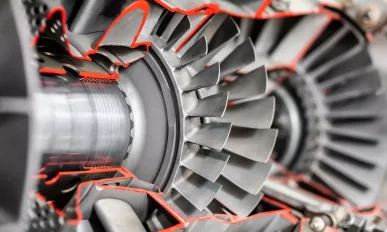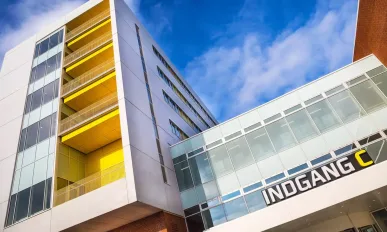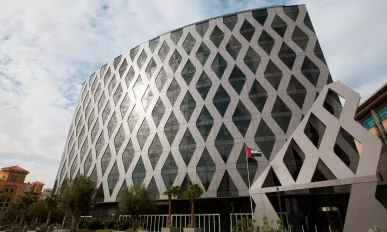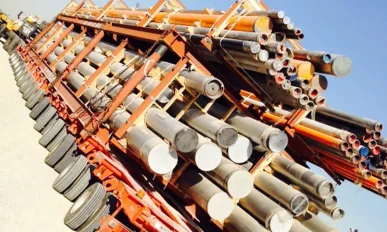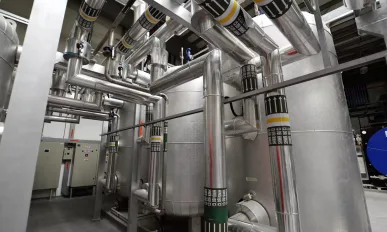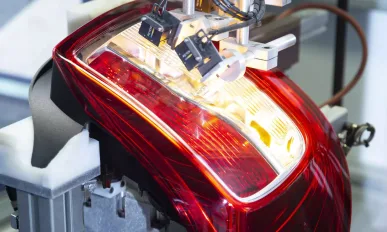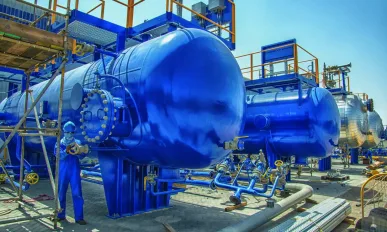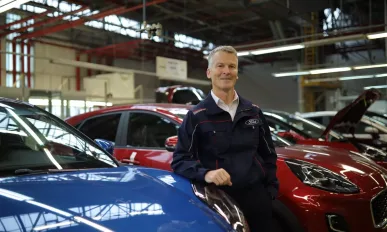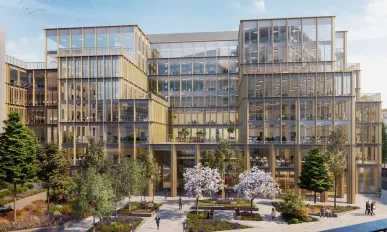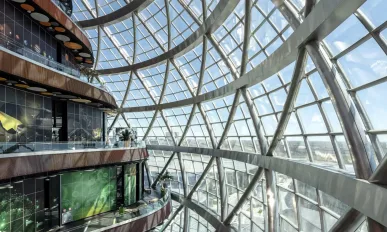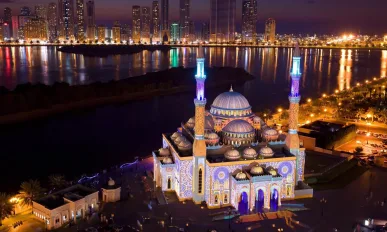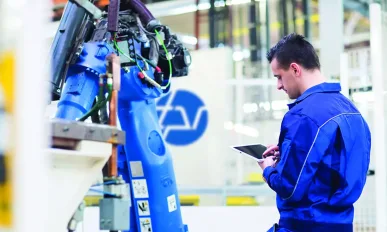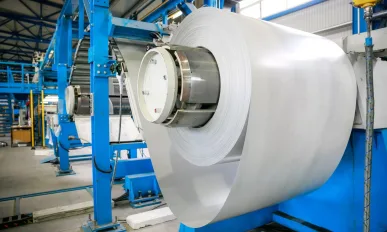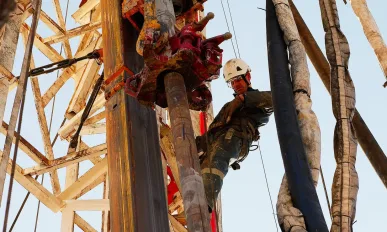Issue 34
Turbomecanica : Romania’s Aeronautical Engine Room
Bucharest-based Turbomecanica continues to fuel aerospace and other industries with high quality components and repair services, the company seeking to expand its civil engine MRO activity.
Aarhus University Hospital : Rising to the Challenge
Aarhus University Hospital is at the epicentre of optimisation and transformation across the country’s rapidly progressing healthcare sector.
Al Sahel Contracting Company LLC : Upholding Quality
A multi award-winning creative construction contractor, Al Sahel Contracting Company LLC is firmly at the forefront of UAE’s urban transformation.
Al-Rashed International : Kuwait’s Logistical Companion
With a history dating back decades, Al-Rashed International Shipping Co. has grown into a leading logistics partner for many clients and landmark infrastructure developments across the country.
Albonian International : Never Giving No for an Answer
Albonian International has been built up by CEO Jamal Nachabe on a simple yet effective promise – to always deliver for clients on MEP and now facilities management projects.
ELBA : Staying Switched On
With its centenary celebration on the horizon, Romanian lighting solutions specialist ELBA continues to innovate in response to industry trends, the company fully invested in ‘LEDification’.
Euro Mechanical : A Champion Of Trust
Euro Mechanical is at the forefront of progress in the energy sector, empowering its employees and embracing ‘oil and gas 4.0’.
Ford Romania : Mobility Mastery
The esteemed 6,000-strong workforce and state-of-the-art Craiova plant of Ford Romania have become key for the group’s global mission – to make people’s lives better through automotive and mobility leadership.
Forte Partners : The Romanian Revitaliser
Forte Partners prides itself on identifying areas of Bucharest with potential to grow, executing developments to exacting international standards.
Metal Yapi : Extraordinary Exteriors
A melting pot of speed, flexibility and innovation comprises recipe for success at Metal Yapi, the firm striving to position itself as the best façade company in the world.
United Engineering Construction : Tomorrow’s Legacy Today
United Engineering Construction has successfully established itself as the face of reliable, high quality construction within the GCC region, Chairman Abdul Halim Muwahid explaining how the firm continues to create a lasting legacy.
TPV Group Corporation : Master of Mobility
Slovenia’s TPV Group Corporation continues to create the mobility of the future, its lust for innovation driving progression in sustainable, smart solutions for the automotive industry.
TeraPlast Group : Products with Purpose
From developing state-of-the-art polymer applications and delivering critical utilities networks for the Romanian population to grassroots empowerment initiatives and an impressive investment strategy, TeraPlast Group continues to consolidate its position as a leading figure in European manufacturing.
SMP Drilling : Fit for Purpose
Operating with entrepreneurial zeal, SMP Drilling continues to provide bespoke solutions backed up by detailed understanding of client challenges and leading-edge technology.
Orange Moldova : Moldova’s Moderniser
Orange Moldova, part of the multinational telecoms giant Orange, has been transforming Moldova’s connectivity scene ever since it arrived in the country in 1998, investing more than $600 million to date.
Oasis Hospital : An Oasis of Healing
We talk to Oasis Hospital in Al Ain, UAE, about the steps they have taken to reduce infant mortality rate from 50 percent to less than one percent.
Metinvest : Modernising Metallurgy
Metinvest is striving to become Europe’s leading vertically integrated steel producer, the organisation investing intuitively in equipment, technologies, employee empowerment and CSR in pursuit of this goal.
Injazat : Create, Transform, Empower
Injazat is best described as a catalyst of change, combining cutting-edge technologies with industry expertise and experience at scale to deliver benefit to customers across the UAE.



